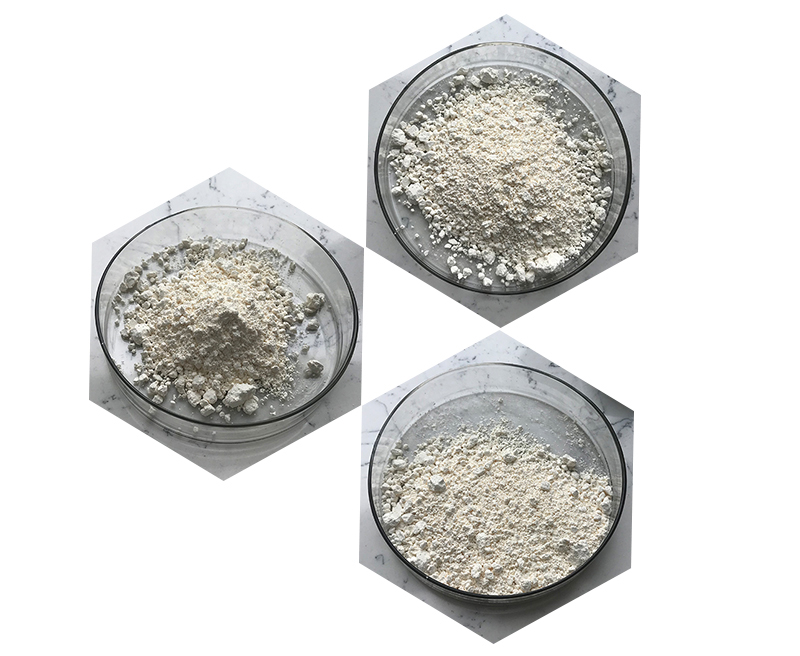Natamycin, also known as pimaricin, is a naturally occurring antifungal agent primarily used as a food preservative. It is derived from the bacterium Streptomyces natalensis. Its primary food-related application is to prevent fungal growth, particularly molds, on a variety of food products. Here’s an overview of its use:
Food Use of Natamycin:
1.Preservation of Dairy Products:
Natamycin is commonly used to prevent mold growth on dairy products, particularly cheeses. It is often applied to the surface of cheeses like cheddar, gouda, and parmesan. It does not affect the flavor or texture of the cheese but helps extend shelf life by inhibiting fungal growth.
2.Fruit and Vegetable Coatings:
It is used as a coating for fruits (like tomatoes and citrus fruits) to protect them from fungal infections during storage and transportation. The coating helps extend the freshness of the produce.

3.Bakery Products:
Natamycin is sometimes used in baked goods to prevent mold growth, especially in products that are stored for long periods.
4.Processed Meat and Fish:
It is used in processed meat and fish products to prevent spoilage from mold growth, improving shelf life and ensuring product safety.
5.Beverages:
In some cases, natamycin is used to inhibit mold in fruit juices and fermented beverages, although its use in liquid products is less common.
Advantages of Natamycin:
- Safety: Natamycin is considered safe for human consumption. It is not absorbed by the digestive tract, so it passes through the body without being metabolized.
- Non-toxic to Humans: Unlike some other antifungal agents, it has no known harmful effects on human health at the levels typically used in food.
- Minimal Effect on Taste: It does not significantly alter the flavor or texture of foods, making it an ideal preservative for products where taste is important.

Regulations:
In many countries, the use of natamycin as a food additive is regulated by food safety agencies. In the European Union, it is approved under the E number E235, and in the U.S., it is recognized as a safe food additive by the FDA when used in accordance with good manufacturing practices.
Considerations:
While natamycin is effective at preventing fungal spoilage, it has no effect on bacteria, so it is not a broad-spectrum antimicrobial agent and should not be relied upon as the sole preservative in food products.
Let me know if you need more details about specific applications or regulations!
